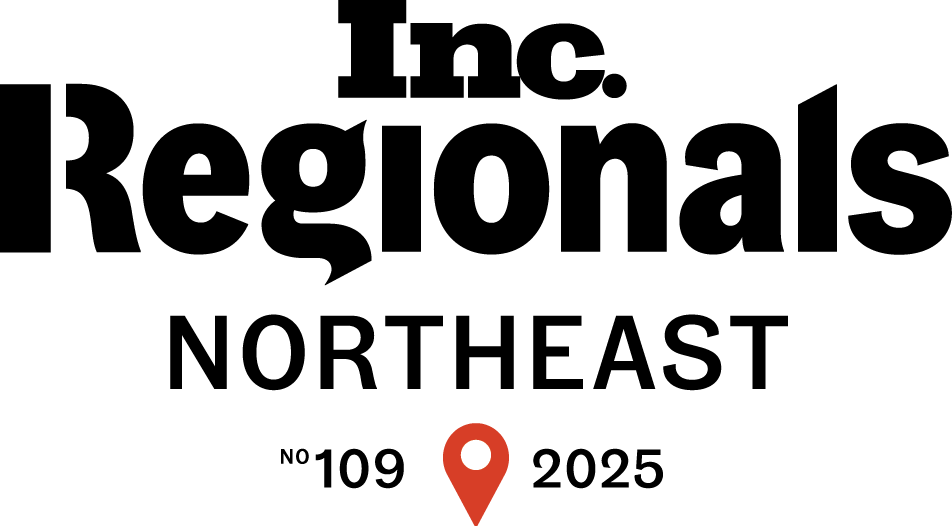“Freedom Energy is eager to help Massachusetts municipalities extend community solar benefits to their LMI resident base, offering savings and allowing these residents to tap into the benefits of renewable energy.”
Published on March, 17, 2022
The Solar Massachusetts Renewable Target (SMART) program was created in 2016, enacted in 2018, and created to enhance the incentives paid to those who own the solar assets and sell their electricity back to the grid in Massachusetts. In late 2021, the Massachusetts Public Utilities Commission (PUC) ordered that the SMART program be doubled, increasing the incentive cap from 1,800 MW of eligible projects to 3,600 MW. Massachusetts has grown into one of the largest community solar markets in the country, serving residents and businesses to help reduce energy costs and drive renewable generation.
The SMART program expansion from 1,800 MW to 3,600 MW did not occur overnight, requiring nearly two years to be put into action as utilities and the state negotiated compensation rates for generators. After taking effect in late 2021, this increase will enable existing projects to move forward with interconnection and increase the number of new projects being built, with many participating in the community solar market. In addition, this expansion further solidifies Massachusetts’ commitment to reaching Carbon Neutrality by 2050.
Impact on Massachusetts Energy Users
The expansion of the SMART program will have significant benefits for commercial energy users in Massachusetts. For those who want to install onsite generation, the expansion will allow them to continue receiving enhanced rebates for their electricity, helping to offset the initial installation costs and creating a revenue stream.
From a community solar perspective, commercial users can expect to see increased opportunities to take advantage of remote net metering opportunities as both anchor and 25kw off-takers, realize cost savings, and support local renewables. Anchor customers typically offset about half of the production of the community solar project that they are associated with and are expected to take the credits for an extended period (10-20 years) while saving approximately 10% on utility costs.
In Massachusetts, Freedom Energy is also seeing increased interest in serving low to moderate income (LMI) customers through community solar. Massachusetts utilities are required to pay a higher value for community solar generation that is being used to offset costs for LMI consumers, increasing the incentive for project owners to serve these customers. LMI customers also typically receive a higher savings value for participating in community solar, making it an attractive opportunity for both parties.
Freedom Energy is eager to help Massachusetts municipalities extend community solar benefits to their LMI resident base, offering savings and allowing these residents to tap into the benefits of renewable energy. If your business or municipality is interested in exploring the benefits of community solar, please reach out to the Freedom Energy team to learn more.
About Freedom Energy Logistics
Founded in 2006, Freedom Energy Logistics is a leading energy advisory. The private company offers comprehensive energy supply management and renewable energy solutions supporting energy goals and sustainability objectives for businesses and organizations throughout the U.S. Freedom’s team of energy experts has worked with and delivered energy saving, environmentally responsible solutions for some of the largest commercial and industrial companies, municipalities, universities, healthcare facilities, and businesses. With its headquarters located in Auburn, NH, Freedom Energy also has employees serving clients locally throughout the regions. Freedom Energy has been twice named to the Inc. 5000 list of fastest growing companies in America; recognized as one of the Fastest-Growing Family Businesses in NH by Business New Hampshire Magazine. Stay Work Play’s Coolest Company for Young Professionals; and received multiple Business Excellence Awards from New Hampshire Business Review.







Connect With Us